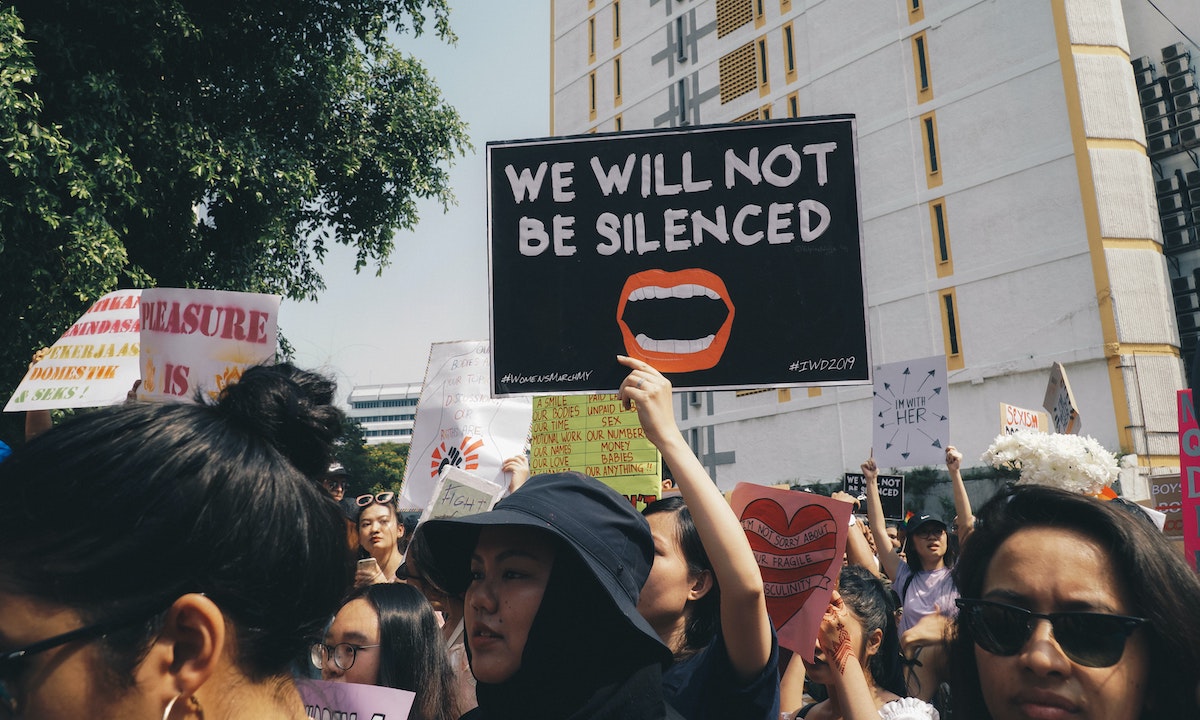Tengku Qistina has been quoted in The Star article
by Dina Murad, 22 August 2021
UNDI18 must be implemented soon to ensure the voices of youth are reflected in the democratic process, say experts. In fact, they caution, a government that ignores or stifles the demands of youth will likely face repercussions as they risk ostracising a large potential voter base.
Institute of Strategic Studies Malaysia senior researcher Tengku Nur Qistina says that the youth of today want their vote, and deferring the implementation of Undi18 will not work in any government’s favour simply because the rule of law needs to be respected.
Undi18 is a Constitutional amendment which allows for automatic voter registration (AVR), lowers the voting age from 21 to 18 for Malaysian citizens, and makes 18 the minimum age to contest in federal and state elections.
Tengku Nur Qistina, whose areas of interest are gender and youth, acknowledges that it is hard to predict at this time whether the new government will have enough incentive to implement Undi18 as soon as possible. How-ever, she stresses that youth must not be ignored.
“You cannot deny the strength of the youth in advocating their cause.
“Trying to threaten and weaken them will not work because their voices are loud and clear, and echoed. You’ll only lose out if you ignore these voices,” she says, adding that recent action against youth activists by the authorities will do more harm than good.
Tengku Nur Qistina observes that youth’s feelings about politics are growing stronger, not just in Malaysia but also throughout the region and across the world.
“As history has also taught us, regional influences play a role in strengthening motivation and acting as a calling,” she explains.

Furthermore, the nation’s youth are already creating substantial impact in Malaysia’s political scene, and giving them the right to vote will further strengthen their involvement in nation-building.
“Their demonstration of responsibility for the country is apparent in the recent protests.
“This is just one of the many ways the youth are changing the nation,” she says.
Tengku Nur Qistina points to Ain Husniza – the teenager behind the #MakeSchoolASaferPlace movement – as another example of the influence that young people can have on society.
“Times have changed and politicians and governments need to recognise this, and instead of trying to protect the ‘old ways’ of doing things, they need to embrace the organic changes that happen.”
Shifting patterns
Universiti Malaya political analyst Dr Awang Azman Awang Pawi sees a shift with Undi18 youth voters, where support will be shown not for preferred parties but for individual candidates contesting in specific constituencies instead.
“[These will be] Candidates who are seen to be sensitive to issues young people care about such as educational assistance, youth employment, first homes, and other policies involving the interests of young people,” he says.
Whatever the party, the concern for youth will be overall policies.
“A party that still carries on with the culture of ‘old politics’, retains candidates who have become irrelevant, and are insensitive to the needs and interests of youth face the liability of being quickly rejected by youth voters,” says Awang Azman.
A new government that learns from the mistake of delaying Undi18 must now have the political will to implement it.
Awang Azman says that the excuse of updating election data as a reason behind the delay is difficult to accept in the current digital age.
“If Undi18 is not implemented, the new government will be punished and rejected through the ballot box by voters.”
Measuring youth support
Dr Oh Ei Sun, a senior fellow at the Singapore Institute of Inter-national Affairs, points out that the government in power could always implement Undi18 if it really wanted to.
“It being difficult to implement and so on, those are excuses. Some parties just don’t see it as beneficial to them, that’s why it’s been so slow,” says Oh, who is also Pacific Research Centre of Malaysia principal advisor.
For the government in charge to take Undi18 seriously and push it through, it will first examine how it could benefit from Undi18, he says.
However, it will be challenging to gauge which parties stand to gain the most with young voters, considering the current volatile political situation.
“I think from the onset, it will be very tempting to say that Pakatan Harapan will benefit more, because we will think that since 2018, a lot of young voters have voted for Pakatan. Therefore, if you lower the voting age, more voters would vote for Pakatan.
“It would be very tempting to think so, but it might not be that simple,” says Oh, who foresees PAS gaining the most advantage from a lower voting age as the Islamist party can capitalise on its grassroots support, especially stemming from religious schools and institutions.
When asked why the amendment, passed unanimously in the Dewan Rakyat, is facing so many delays, Oh answers succinctly: “Because politics is chaotic as it is, and they don’t want to add in another variant amidst the chaos.”





